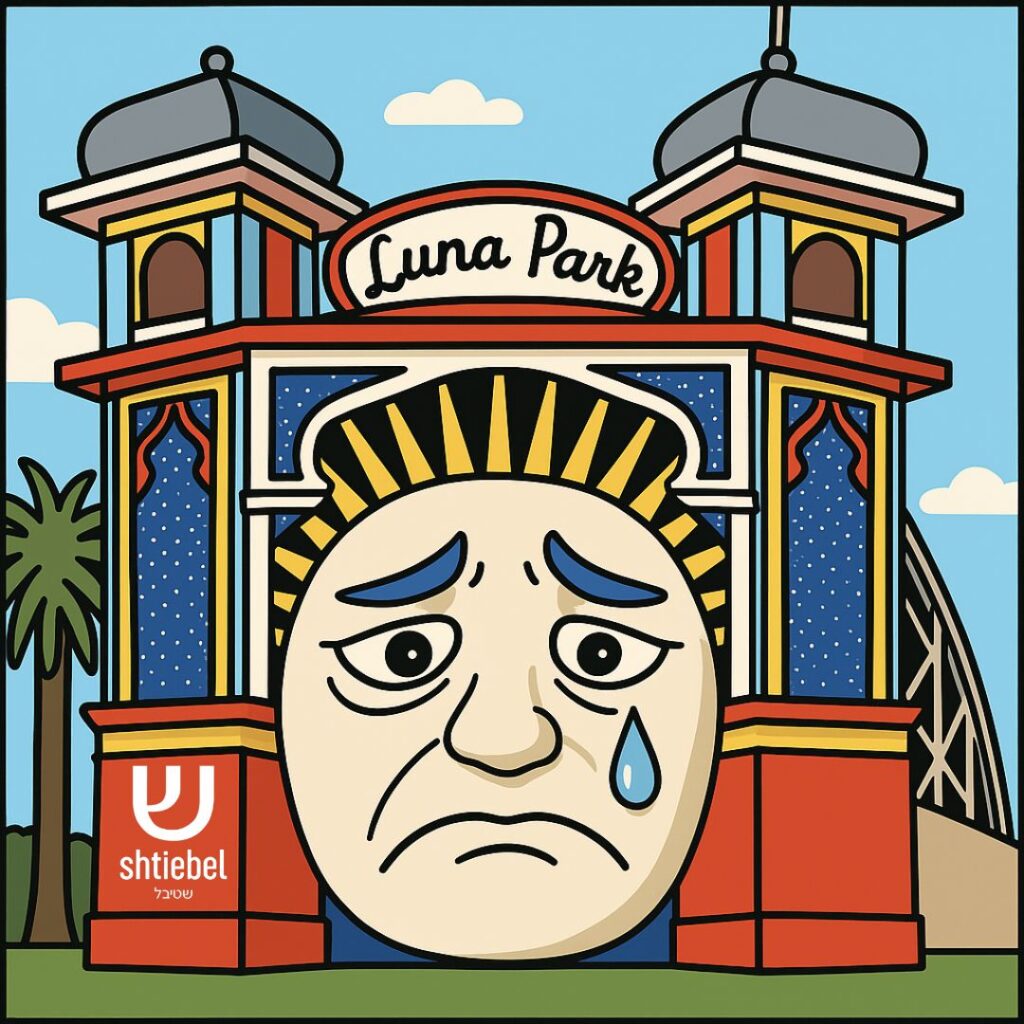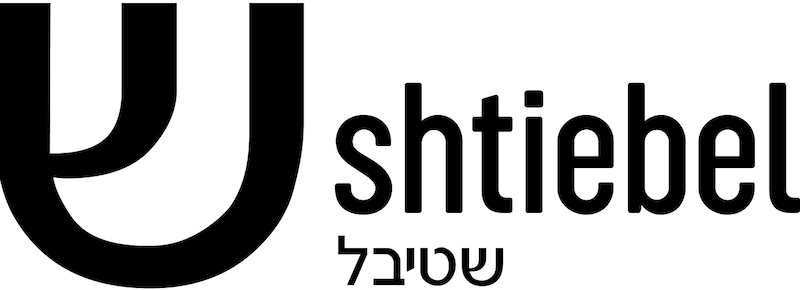
Last night, in our beautiful city of Melbourne, something happened that demands clarity and courage.
A rally was held, ostensibly a protest, but it became something far darker. A synagogue was firebombed. A Jewish-owned restaurant was attacked, diners were terrorised for the simple act of gathering with friends over an evening meal. Windows were smashed. Fear was ignited.
There is a word for this. One that too many prefer not to say out loud – Pogrom.
What Is a Pogrom?
A pogrom is not merely vandalism or civil unrest. A pogrom is an eruption of targeted, collective hatred against Jews. The word comes from Russian, meaning to wreak havoc. For centuries, it has been a shorthand for sanctioned terror: mobs battering down doors, burning synagogues, looting shops, and beating and killing with impunity.
Pogroms were never truly about any grievance, legitimate or otherwise. They were about reminding Jews that we would never be safe. That no matter how much we contributed to the societies around us, we would always remain outsiders.
The Line That Has Been Crossed
This is not just property damage. This is not simply a protest that spiralled out of control.
This is a line that has been crossed, and one that, once crossed, will be hard to return from.
It is the moment when protest against government policies elsewhere mutates into violence against your Jewish neighbours. It is the point where disagreement becomes demonisation, and demonisation becomes action.
It is the same tired, dangerous lie re-emerging, the one that insists that every Jew, everywhere, is responsible for whatever happens in Israel, and therefore a legitimate target.
Let me be clear. I have no love for the current Israeli government. Like many Jews around the world, I pray daily for the Israeli hostages to come home. I pray daily for the Palestinian people to be able to live in dignity, safety, and self-determination. And yet none of this justifies attacking a synagogue in East Melbourne.
None of it justifies hurling threats and rocks at diners. None of it excuses terrorising a Jewish community simply because it is Jewish. This is not resistance.
This is not solidarity. This is antisemitism, ugly, ancient, and now emboldened on our streets.
What This Represents
In reflecting on these events this morning on Facebook, my friend Tania Wolff made several crucial points that deserve to be underscored.
History’s Echoes and Our Response
Jewish history is stained with the memory of pogroms. But it is also illuminated by our refusal to be broken by them.
We have outlasted every mob that ever came to teach us our place. We have rebuilt after every shattered window, every burnt Torah, and every scar.
This moment demands that same resilience and that same moral clarity. It also demands solidarity from everyone who claims to care about democracy and decency.
If you are committed to justice, you must condemn antisemitism without equivocation, without excuses, and without resorting to the dangerous fiction that it is somehow justified because of what happens thousands of kilometres away.
A Call to Conscience
This is a warning sign for all of us. The health of our democracy, our civility, and our social fabric depends on calling this out, firmly, clearly, and without exception. If we ignore it, we do so at our peril.
To those who feel newly afraid, you are not alone. We will stand together. We will keep showing up. We will not be intimidated into silence or invisibility.
To those who care about peace and justice, it is time to speak out. Because when a synagogue is firebombed and a restaurant is attacked, and the world shrugs or justifies it, we are all diminished.
History does not have to repeat itself. But it will, unless we call this what it is, unless we draw a line, and unless we are prepared to defend it.
We are still here.
And we will remain here.

3 Comments. Leave new
I agree unconditionally that Australians must stand up now and be heard to put a stop to this antisemitism. It must stop and be stopped.
Thankyou Gersh and shall share …. Humanity has lost their moral compass ! I am truly beyond words.
Love Light and Hope to you your beautiful family and our Community XO
We have not learned from the past. How sad is that.